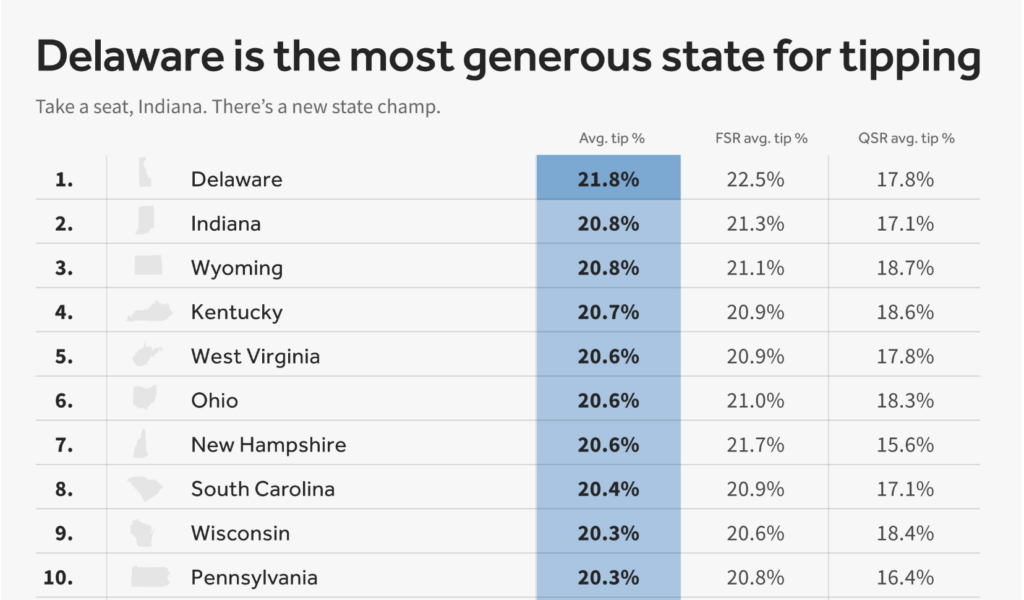GOP House Members Propose Tax Cut Package, Democrats Balk

House GOP members say their new plan to cut taxes will help Granite State families thrive. Democrats denounced the tax cut plan as a $350 million corporate giveaway.
Familiar battle lines were drawn in Concord on Tuesday when Rep. Joe Sweeney (R-Salem) presented the GOP’s Consumer Tax Relief Act to the House Ways and Means Committee, calling it a “beacon of hope” for New Hampshire’s struggling businesses and communities.
“(This is) a crucial piece of legislation that not only reflects our commitment to fiscal responsibility but also addresses the pressing needs of Granite Staters in these challenging economic times,” Sweeney said. “Month after month, Granite Staters are grappling with the rising expenses that are stretching their budgets to the breaking point. In these times, when factors beyond our control are making life harder for our people, it is imperative that we take decisive action to provide relief where we can. One of the most effective ways we can do this is by cutting taxes here in New Hampshire, and that is precisely what the Consumer Tax Relief Act aims to achieve.”
The bill reduces the Business Profits Tax rate by 0.1 percent a year from 7.5 percent to 7 percent by 2030. It takes a similar approach to the Business Enterprise Tax rate, lowering it from 0.55 percent to 0.35 percent over the same period. It also cuts the Meals and Rooms Tax rate from 8.5 percent to 6.0 percent by Fiscal Year 2027.
And the proposal would also phase out the Communications Services Tax Granite Staters pay on their “two-way communication services” (wireless services and cellphones), which are currently taxed at seven percent. Under Sweeney’s proposal, the tax would be reduced over time and eventually eliminated by 2027.
House Democrats released a statement Tuesday claiming the tax cuts only benefit “multinational corporations” and would lead to defunding critical services like the Department of Safety, the Veterans Homes, Child Protective Services, and Community Colleges.
Rep. Susan Almy (D-Lebanon) pushed Sweeney about the economic impacts, saying the tax cuts would be a disaster for state government agencies that rely on the funding.
“Do you understand what this does to the state government, which is suffering from the same inflation everybody else is?” Almy said.
The tax cuts would have a net positive impact for everyone, Sweeney countered. Cutting the business taxes would lead to more business investment and economic growth. Eliminating the Community Services Tax and cutting the Rooms and Meals tax will make New Hampshire more competitive with Massachusetts and foster more economic activity. Overall, the cuts will help generate more tax revenue for the state by boosting economic activity, he said.
“We’ve seen successful tax cuts in New Hampshire increase revenues,” Sweeney said.
New Hampshire’s GOP-controlled legislature already cut business taxes, and it is in the process of phasing out the state’s last remaining income tax — a tax on interest and dividends income. Sen. Dan Innis (R-Bradford), who led the charge to end the interest and dividends tax, wants caution exercised with any tax cut proposals.
“We have to be careful this year with what we want to do,” Innis said.
New Hampshire’s generally strong economy is showing some soft spots, Innis warned. Revenue may not be where it was a few years ago and there are early signs that could be trouble. For example, the real estate transfer tax might be lower than in previous years due to the restrictive housing market, he said.
New Hampshire weathered the economic turbulence created by the COVID pandemic, coming through with higher than anticipated revenues and a healthy rainy day fund, Innis said. Voters expect Republicans to be responsible with their money.
“I support cutting taxes where possible, but it’s a balancing act,” Innis said.
Sometimes, that means returning taxpayer money to help spur economic activity, and sometimes, that is deferring spending on big-ticket projects, Innis said. A $40 million proposal for municipal roads and bridges may need to wait, he said, especially after the state provided funding in the last session.
“We want to provide that support if we can,” he said.








